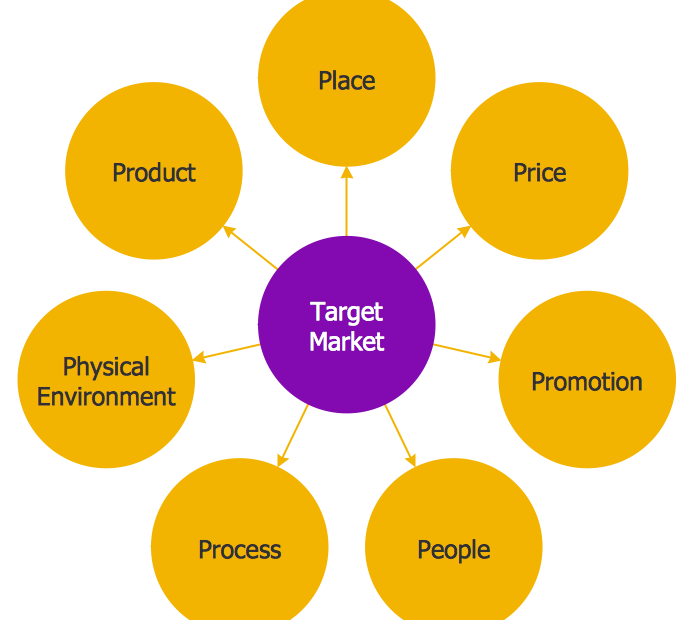What is a market?

A market is a place where buyers and sellers of goods and services meet. It can be a real-world physical location or a virtual one. It can involve transactions that occur under different degrees of government regulation or monopoly power.
In economics, a market is defined as a “region of free intercourse”. The term can also mean the process of exchange or barter of goods or services. It can range from informal exchanges to a complex institution like the international market.
The basic function of a market is to bring together supply and demand to determine a price. The price can be determined by any number of factors, such as taxes, subsidies, competition, and selling process. Typically, the price of a good will rise as producers increase production.
A market is usually characterized by a market-clearing price. A market-clearing price is one at which there is neither excess supply nor excess demand.
A market may also be characterized by a number of characteristics, including size, the selling process, the products sold, and the place of the transaction. These differences can be studied using a variety of research methods.
The perfect competition model is often used in microeconomics. It describes an economy with a large number of small firms competing to sell similar products. This scenario is not realistic, due to a number of criticisms.
In contrast, a monopoly is a market where only one firm sells. Often, a monopoly is subject to significant entry costs, making it difficult to compete.



